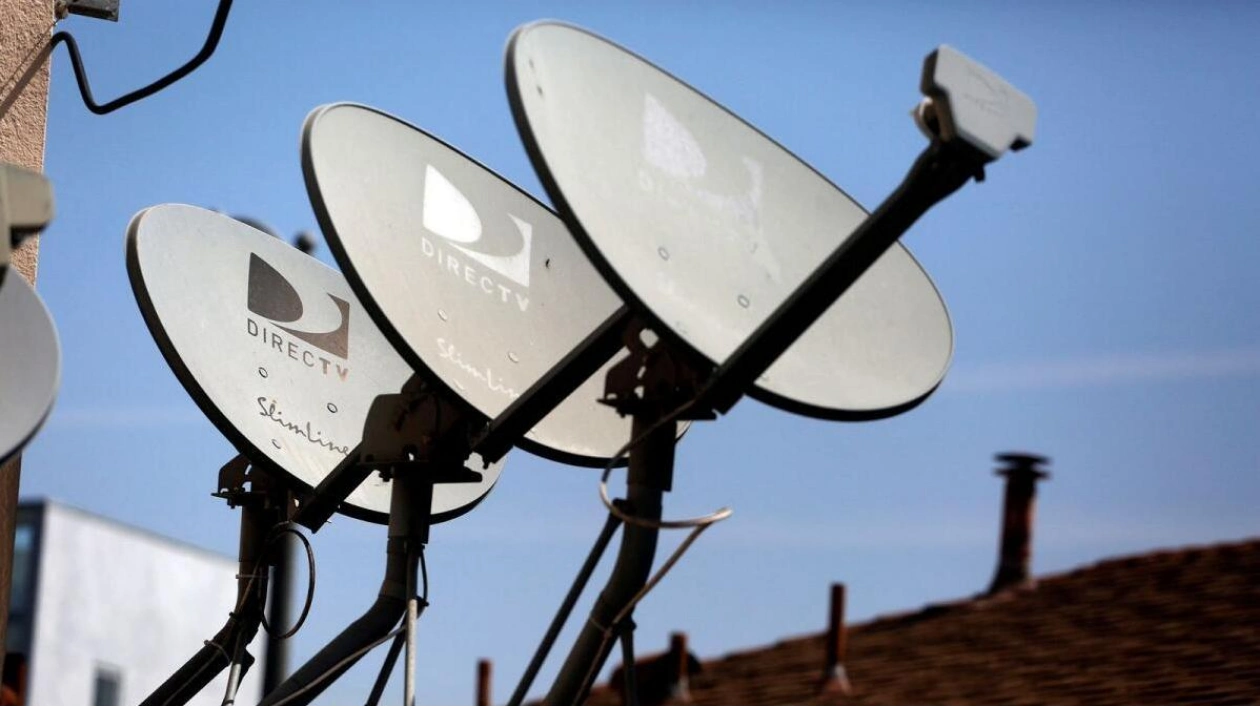What started as a typical negotiation over the rates satellite TV provider DirecTV would pay to distribute Walt Disney’s television networks has evolved into a debate about the future of bundled programming, according to executives and experts. DirecTV’s ongoing public dispute with Disney has resulted in 11 million DirecTV customers losing access to ESPN during the U.S. Open tennis tournament and just before the New York Jets’ scheduled game against the San Francisco 49ers on “Monday Night Football.” This conflict occurs amid a separate initiative by major media companies Disney, Fox, and Warner Bros Discovery to introduce a sports-focused streaming joint venture named Venu Sports. The service, initially planned to launch in August, aims to integrate the extensive live sports programming of these media giants. However, its debut was temporarily halted by a court injunction due to a lawsuit from sports streaming competitor FuboTV, which accused the media companies of anticompetitive practices.
DirecTV is pressing Disney for more flexibility in offering smaller, potentially sports-free packages to reduce both the costs it pays Disney and the prices consumers pay for its TV packages. “This is not a typical dispute. It’s not about haggling over small rate adjustments,” stated DirecTV’s Chief Financial Officer, Ray Carpenter, during an analyst briefing. “It’s about fundamentally changing the model to ensure industry viability.” Justin Connolly, Disney’s president of platform distribution, recently told Reuters that Disney has offered various options to DirecTV, including a sports-focused package combining ESPN and the ABC broadcast network. “The content we provide is highly relevant to DirecTV’s subscriber base,” Connolly noted. “DirecTV has always focused on high-quality video with a strong sports emphasis. We aim to continue supporting these customers.” Connolly also mentioned that while Disney is open to offering different options and packages to pay TV consumers, it seeks broad content distribution.
For decades, distributors like DirecTV and programmers such as Disney have argued over rates as TV package costs have risen. The TV industry has been sustained by the long-standing practice of “bundling,” which requires pay TV distributors to carry less popular networks like Freeform to access ESPN’s popular programming. This approach has historically supported the pay TV industry, especially through sports, which continue to draw viewers even as cable and satellite TV lose subscribers. However, as viewing shifts to streaming, sports content is also moving online, with major events like the Olympics and professional leagues’ games now available via streaming services. Venu Sports poses a threat to the continued existence of traditional pay TV by potentially accelerating its decline.
“A successful launch of Venu could significantly undermine the traditional linear pay TV bundle,” stated MoffettNathanson’s Craig Moffett. Court documents reveal that Venu’s media partners recognize the service could attract a substantial portion of its audience away from cable and satellite TV. Last year, Charter Communications, the largest pay TV company in the U.S., secured some concessions from Disney, including a more streamlined package of programming and rights to distribute Disney+, Hulu, and ESPN+ to its Spectrum TV customers. DirecTV, however, remains focused on delivering video content to consumers’ homes. “We need a solution that ensures the long-term sustainability of our video services,” Carpenter emphasized, indicating a strong resolve to find a lasting resolution.






